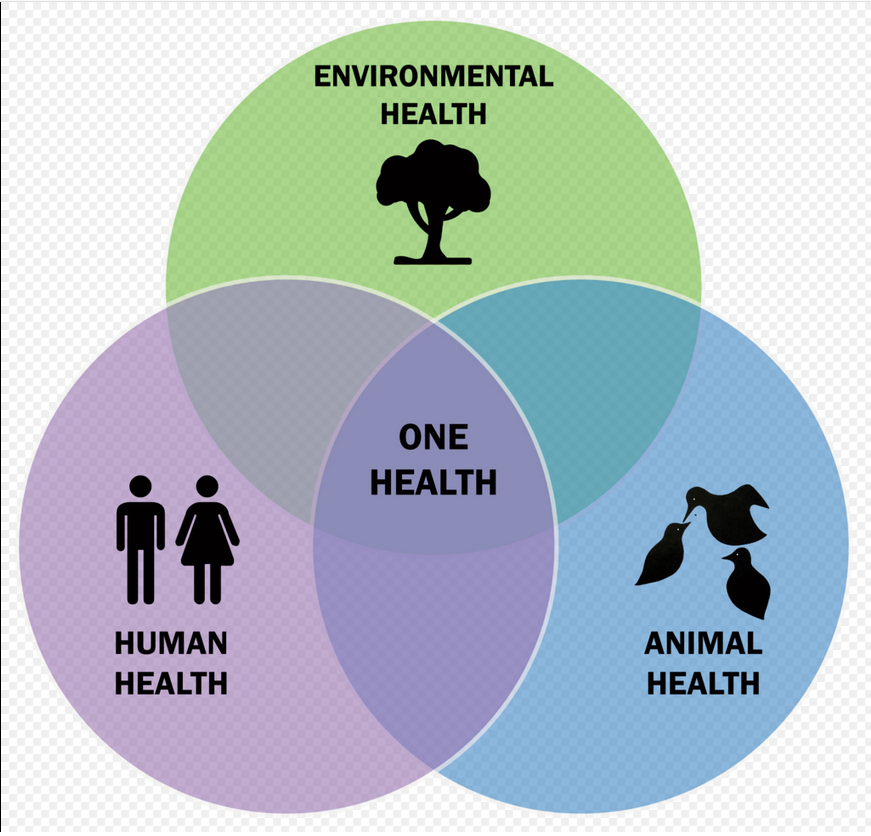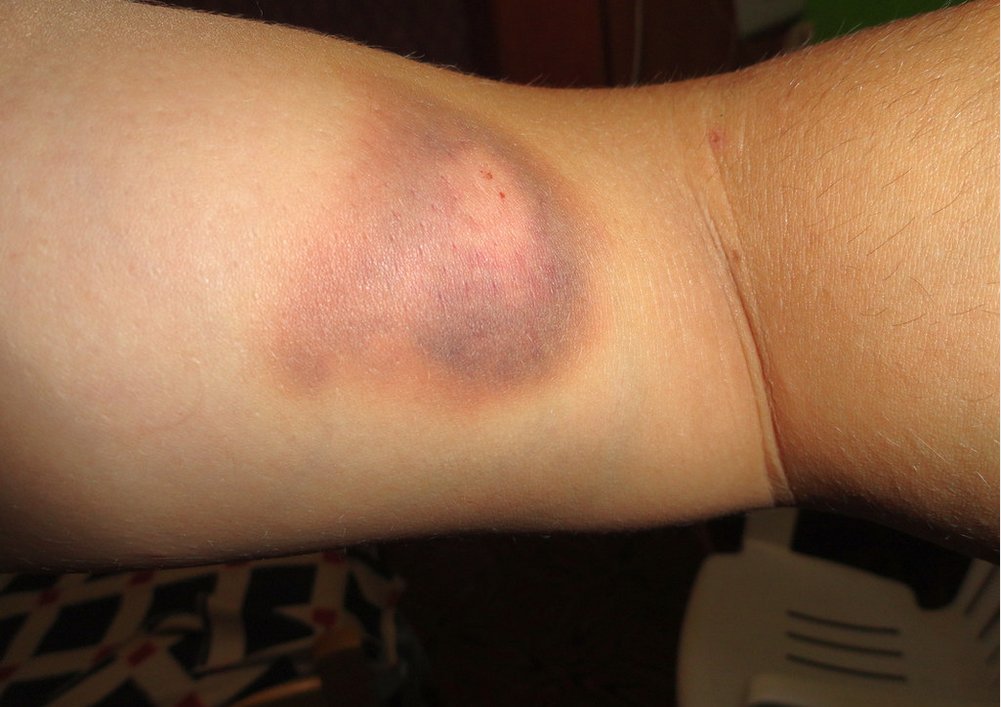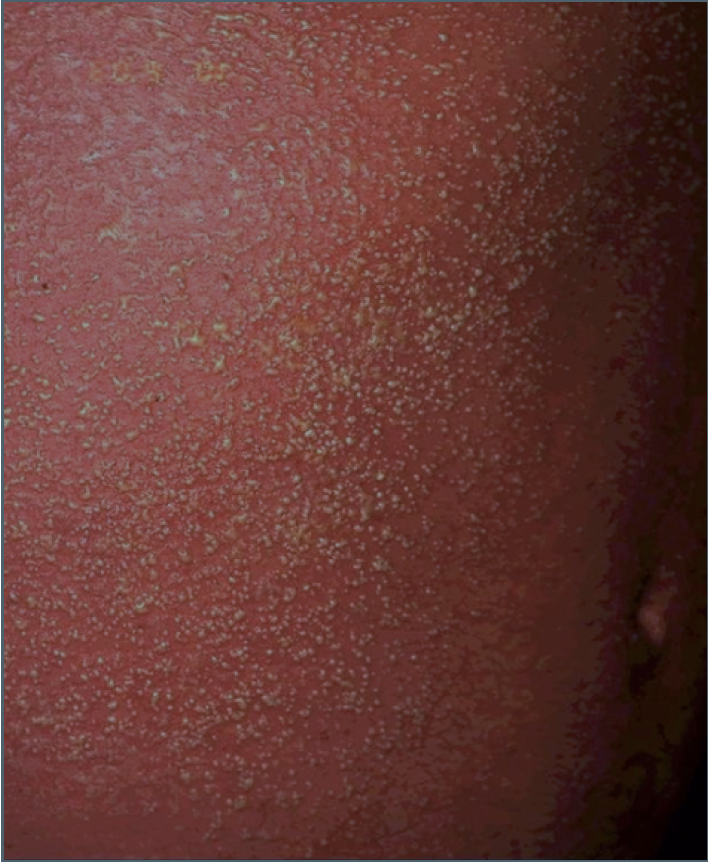48F, bitten by a monkey at a zoo. She calls her primary who then calls you for advice.
What Qs should you ask? What infections should you be worried about? @TxID_Edu @Cortes_Penfield @BradCutrellMD @jdcooperid
Have you had a consult on monkey bite before?
Great! Thank you for ALL your responses. Speical thanks to @TxID_Edu @vivax74 @VarunPhadke2 @10minus6cosm for referencing additional resources.
Hope this tweetorial helps, especially those who may get consulted on monkey bite/exposure in the future.
Follow the thread 👇
𝐖𝐡𝐚𝐭 𝐢𝐧𝐟𝐞𝐜𝐭𝐢𝐨𝐧𝐬 𝐬𝐡𝐨𝐮𝐥𝐝 𝐲𝐨𝐮 𝐛𝐞 𝐰𝐨𝐫𝐫𝐢𝐞𝐝 𝐚𝐛𝐨𝐮𝐭?
A LOT, but the most important ones are:
1⃣ Herpes B
2⃣ Rabies
3⃣ Tetanus
Let's talk a little bit more about Herpes B and rabies 👇
1⃣ Herpes B
▪️ Causes disease in primates similar to HSV in humans
▪️ Nearly 100% of primates infected but most are asymptomatic
▪️ Zoonotic herpes B in humans can be lethal (80% mortality rate w/o antivirals) 👉 hence we give postexposure prophylaxis (PEP) (see later)
▪️ Incubation period: 2-5 weeks after exposure (peak 5-21 days)
▪️ Symptoms (can follow each other or manifest alone):
👉 Nonspecific fever, chills
👉 Itching, tingling, pain, vesicles, lypmhadenopathy at inoculation site
👉 Encephalitis: most dreaded
2⃣ Rabies
▪️ Primates, not one of the major reservoirs of rabies in the US (outranked by bats, raccoons, skunks, & foxes)
▪️ The table below gives us an idea on animal susceptibility to rabies bit.ly/3bRhicC
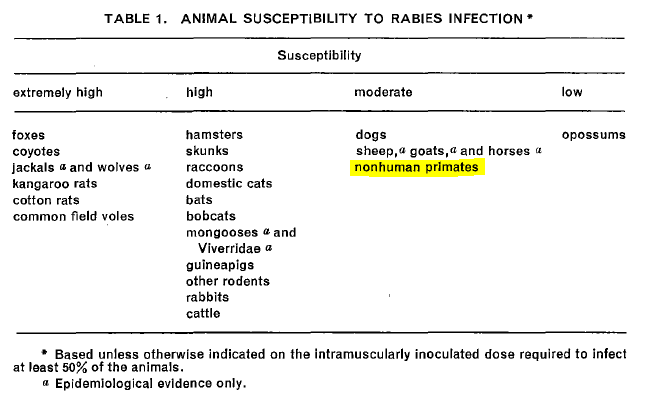
▪️ But primates are the 2nd leading cause of rabies PEP among international travelers (after dogs) bit.ly/38FJg9u
▪️1960-2013, 25 reported cases of human rabies transmitted from primates mostly in rabies-endemic countries bit.ly/38FJg9u
But there are other infections a/w monkey exposure👇 taken from bit.ly/37HndOn. bit.ly/37HmOeP is also an excellent resource. Highlighting some here:
Virus: monkeypox, measles, Ebola, hep A
Bacteria: TB, Shigella, Salmonella, Campy
Others: Giardia, amoeba
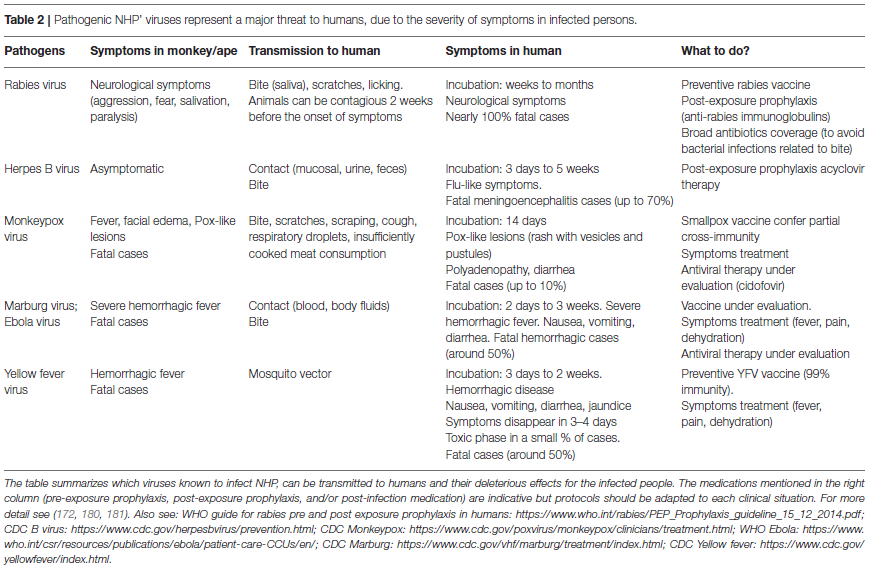
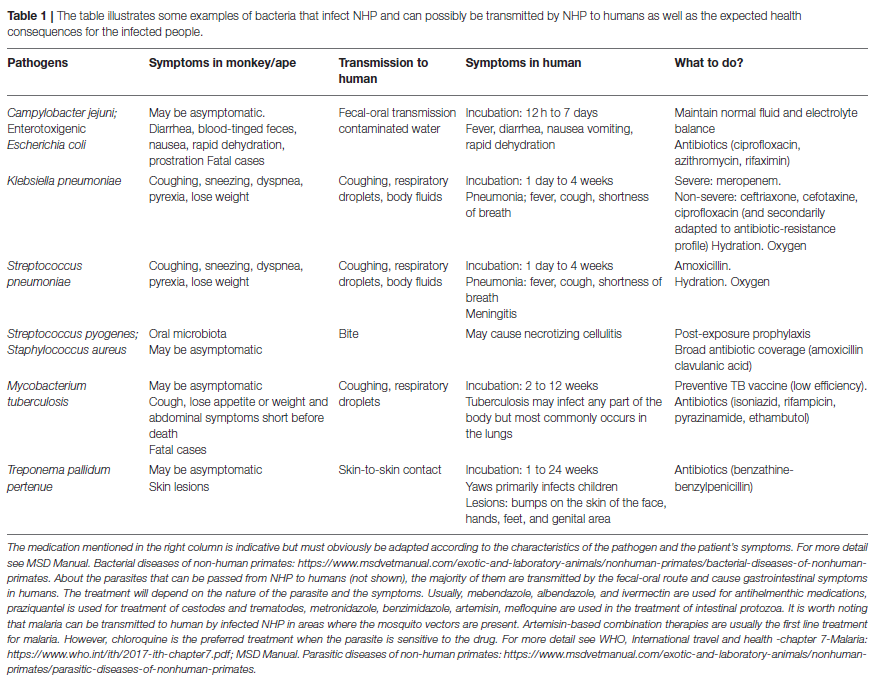
𝐖𝐡𝐚𝐭 𝐪𝐮𝐞𝐬𝐭𝐢𝐨𝐧𝐬 𝐬𝐡𝐨𝐮𝐥𝐝 𝐲𝐨𝐮 𝐚𝐬𝐤?
A LOT, but some important ones:
1⃣ Tetanus/rabies vaccination. If indicated, applies to ALL monkey sp.
Time for #spacedlearning 👇 (thanks for the inspiration @CPSolvers @DxRxEdu @rabihmgeha
2⃣ Ask if exposed patients have symptoms (refer 👆), triage accordingly (i.e. if concerned about Herpes B, don't give PEP, immediate hospital attention and start Tx)
👉 Tx for herpes B: IV acyclovir. If w/ CNS features, IV ganciclovir (more active than acyclovir)
3⃣ What kind of injury?
▪️ Only injuries a/w skin exposure (bites, scratches, etc) or mucosal injury/exposure warrant herpes B PEP 👇 bit.ly/2HA8HNT
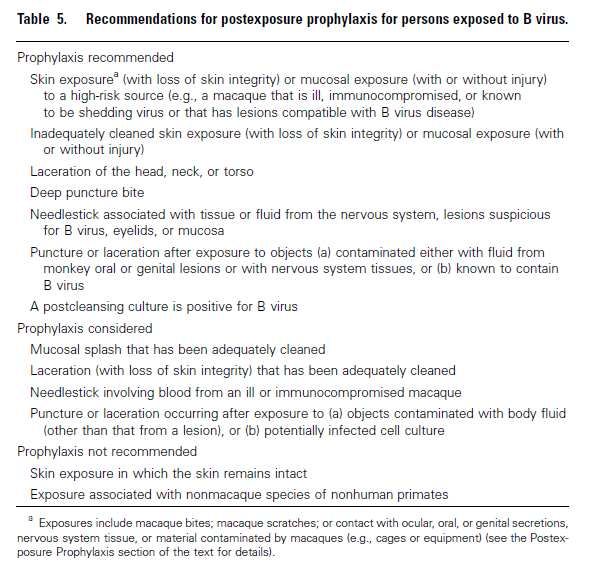
4⃣ What kind of monkey?
▪️ Only Old World macaques transmit herpes B
▪️ Click bit.ly/2wur7x9, library of macaque sp
▪️ Communication w/ a responsible veterinarian can expedite this process (can give you information about the health & vaccination status of monkey)
𝐖𝐡𝐚𝐭 𝐚𝐝𝐯𝐢𝐜𝐞 𝐜𝐚𝐧 𝐲𝐨𝐮 𝐠𝐢𝐯𝐞?
1⃣ FIRST AID: cleaning exposed area w/ saline or water x at least 15 min; decreases transmission 👇 bit.ly/2HA8HNT
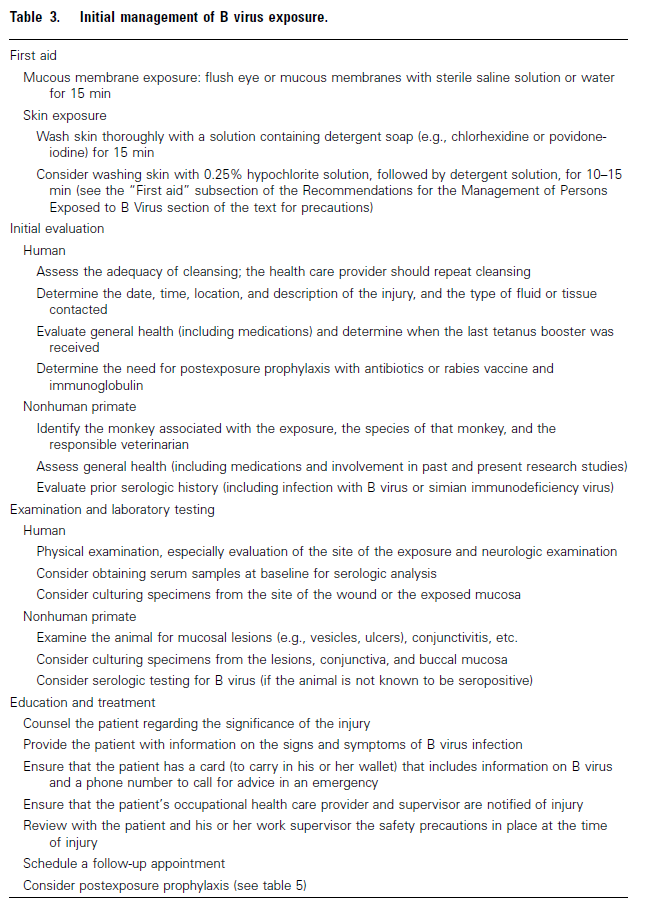
2⃣ Assess for PEP indication 👇 bit.ly/2HA8HNT ▪️ ▪️ Should be given within the first few hours after exposure and after wound cleansing
▪️ Counsel patient on SSX of herpes B
👉 Valacyclovir 1 g PO Q8H x 14 d
👉 Alt: acylovir 800 mg 5x a day x 14 d
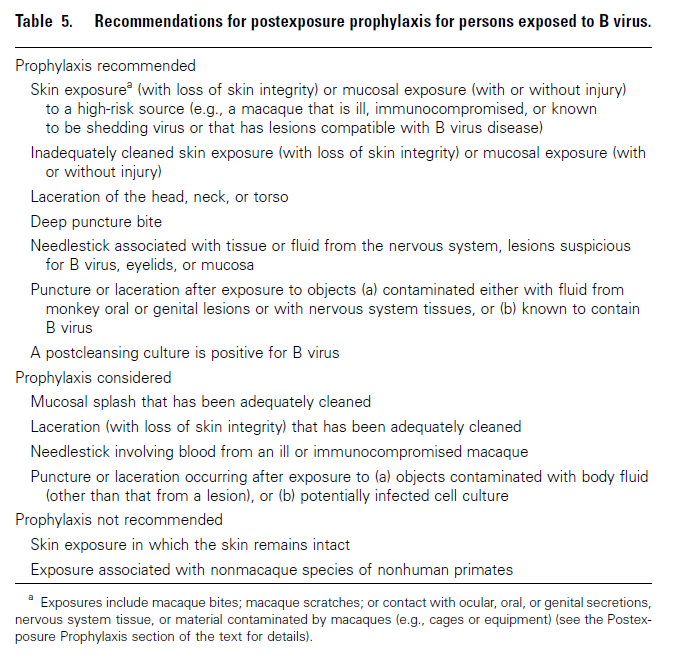
3⃣ Ensure IMMEDIATE linkage to care to assess site of inoculation, SSX, etc.
▪️ Schedule visits 1, 2, and 4 weeks
Important links for more guidance:
▪️ cdc.gov/herpesbvirus/h…
▪️ biotech.gsu.edu/virology/
▪️ bit.ly/2HA8HNT
As transmission of infections from primates have become more relevant in recent years, I also wanna highlight "One Health" bit.ly/2wrepPC Health of people, connected to the health of animals/environment.
@RenzoGuinto @CalineMattar
My longest tweetorial yet.
